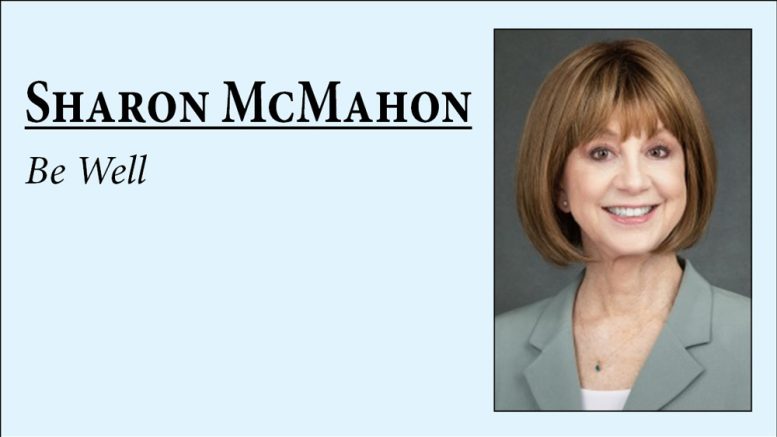“Be thy sleep silent as night is, and as deep.” – Henry Wadsworth Longfellow
I have a hunch that my subject matter this week will resonate with a few of you. Sleep – the kind that lasts for several hours – renews brain and body functioning, leaving us awake and refreshed … remember? I am sure there are people reading this and unsure of why I would select this topic and if you are one of those people – good for you!
For most of my life sleep was never an issue: wash face, brush teeth, jammies, head on pillow, done. And while I usually have no issues falling asleep, my brain sometimes knocks on my skull around 2 a.m. or so, maybe later or a bit earlier, saying, “Hey! Let’s talk!” One never knows!
How common are sleep problems? Having trouble sleeping is commonly reported throughout the world. According to the American Sleep Association (AMA), sleep disorders currently affect as many as 50 to 70 million U.S. adults and insomnia is the most frequently reported.
It is often accepted that since we are all different that our specific sleep needs are different, and of course that would apply to toddlers, adults, teenagers, etc. According to the Centers for Disease Control and Prevention, adults need seven or more hours of sleep per night for the best health and wellbeing.1 Short sleep duration is defined as less than seven hours of sleep per 24-hour period.
It is also commonly accepted that as we age our sleep habits and patterns change; I personally can attest to my own experiences thus far. So what is going on and how can we make the necessary changes to ensure that we have better sleep – therefore better health, stronger immune systems, increased cognitive abilities, and increased longevity? Unfortunately, there are no “easy” answers to that question. Many of the random articles you read, and I concur with their suggestions, advise us to turn off electronics of all kinds, make sure your bedroom is comfortably cool, no caffeine in hours leading up to your bedtime, keep the lighting off or very low, etc.
Most of us are aware of these suggestions and follow them, as I do. However, the awakening issue persists. Sigh. While, thankfully, this does not occur on a regular basis it occurs frequently enough to further study the subject.
There is so much information about sleep issues and disorders that it can be confusing and unclear regarding how we can identify whether we should seek medical advice and/or make changes in our own habits and lifestyles which can benefit our bodies to get the proper rest it requires. It is important to seek the advice of your physician.
“I want to sleep but my brain won’t stop talking to itself.” – Garfield
1Joint consensus statement of the American Academy of Sleep Medicine and Sleep Research Society on the recommended amount of sleep for a healthy adult: methodology and discussion. Sleep. 2015;38:1161–1183.
Sharon McMahon, CNWC
The opinions expressed in this article are not intended to replace advice of your personal physician or licensed health professional. Please consult your physician for any issues you may have related to nutrition or fitness activity.

